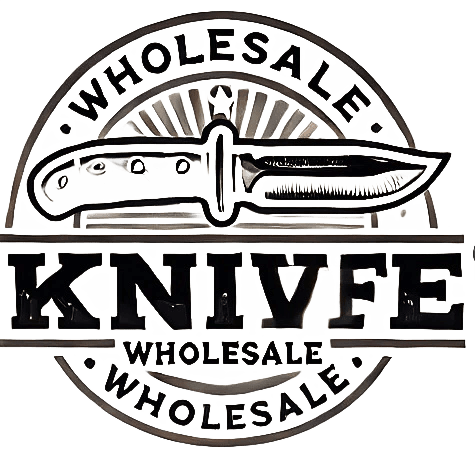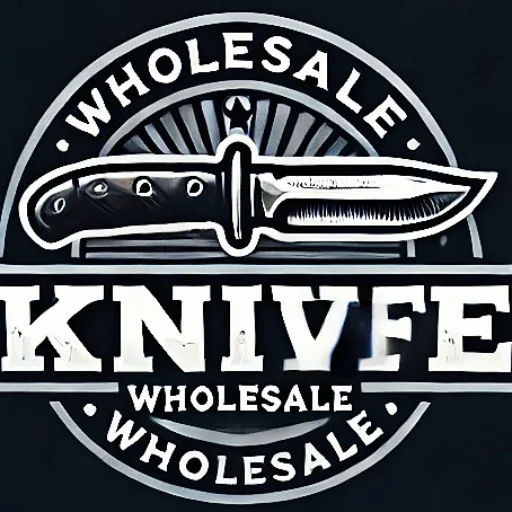Introduction To Automatic Knives
Automatic knives, also known as switchblades, are fascinating tools that have been capturing the attention of knife enthusiasts for decades. These unique blades possess a mechanism that allows them to open swiftly with a simple press of a button or lever. Designed for quick deployment and effortless use, automatic knives offer convenience and efficiency in various situations. Initially developed for military purposes, these knives have evolved into popular everyday carry tools cherished by collectors and outdoor enthusiasts alike.
Their compact size and rapid deployment make them ideal for tasks requiring speed and precision. However, it’s important to note that laws regarding automatic knives vary across different regions. Therefore, understanding local regulations is crucial before considering the purchase or possession of these intriguing blades.
Showing all 11 resultsSorted by latest
How Automatic Knives Work | |
Automatic knives, also known as switchblades, are unique tools that have a fascinating mechanism behind their operation. Unlike traditional knives that require manual effort to open and close the blade, automatic knives employ a spring-loaded mechanism for quick and effortless deployment. When the user activates the release button or lever on the handle, it triggers a powerful spring inside the knife's handle to rapidly extend the blade. | |
This swift action is made possible by an intricate combination of springs, levers, and locks carefully engineered within the knife's design. To ensure safety, automatic knives also incorporate various locking mechanisms that securely hold the blade in place during use. The ingenious construction of automatic knives allows for efficient one-handed operation while maintaining functionality and reliability. | |
| |
Automatic knives, also known as switchblades, are subject to various legal regulations worldwide. In the United States, federal law prohibits the interstate transportation and trade of automatic knives, but individual state laws may vary. Some states, such as California and New York, have strict restrictions on owning or carrying automatic knives, while others permit ownership with certain limitations. In Europe, the laws surrounding automatic knives differ greatly between countries. | |
For example, Germany strictly prohibits the possession and sale of switchblades except for specific professional purposes. Conversely, Switzerland permits their ownership under certain conditions. It is crucial for individuals interested in acquiring an automatic knife to thoroughly research and understand their local jurisdiction's legal requirements to ensure compliance with applicable regulations. | |
| |
Automatic knives, also known as switchblades, have gained popularity due to their versatility and ease of use. One popular application is in everyday carry (EDC) situations. These knives offer quick and effortless deployment, making them ideal for tasks requiring speed and precision. Additionally, automatic knives find utility in emergency situations, such as cutting seatbelts or breaking glass. Their rapid deployment can be critical in life-saving scenarios where time is of the essence. | |
Outdoor enthusiasts also appreciate the convenience of automatic knives when camping or hiking, as they provide a reliable tool for cutting ropes, opening packages, or preparing food. With their diverse uses and convenient functionality, it's no wonder that automatic knives have become a trusted companion for many individuals across various activities and professions. | |
| |
Automatic knives, also known as switchblades, offer several advantages. Firstly, they are incredibly fast and easy to deploy with just one hand, making them ideal for emergency situations or self-defense. Their quick deployment can provide a crucial advantage in a dangerous encounter. Additionally, automatic knives often feature a locking mechanism that ensures the blade remains securely in place during use, enhancing user safety. | |
However, these knives also come with certain disadvantages. Due to their automatic opening mechanism, they may be subject to legal restrictions in some jurisdictions. Moreover, the complexity of their design makes them more prone to mechanical failure compared to manual knives. Regular maintenance and care are required to ensure proper functionality and reliability of an automatic knife. | |
| |
Automatic knives, also known as switchblades or flick knives, come in a variety of types and designs to suit different purposes and preferences. One common type is the side-opening automatic knife, which features a button or lever that activates the spring-loaded mechanism to release and open the blade from the side of the handle. Another popular design is the OTF (Out The Front) automatic knife, where the blade is deployed straight forward through a slot in the handle. | |
Additionally, there are also double-action automatic knives that allow both deployment and retraction of the blade with a single button press. These knives can vary in size, materials used for handles and blades, as well as overall aesthetics, providing users with a wide range of options to choose from based on their needs and style preferences. | |
| |
When utilizing an automatic knife, it is crucial to prioritize safety to prevent accidents and injuries. Firstly, always handle the knife with extreme care, ensuring your fingers are away from the blade when activating or closing it. Additionally, keep the knife securely stored in a sheath or pocket when not in use to minimize accidental deployment. Regular maintenance is also essential; ensure the blade is sharp and well-oiled for smooth operation without any unexpected issues. | |
Furthermore, avoid using an automatic knife for tasks that it isn't designed for, as this can lead to mishaps. Finally, educate yourself on local laws and regulations regarding automatic knives to guarantee lawful usage while avoiding any legal complications. | |
| |
Proper maintenance and care are essential to keep your automatic knife functioning at its best. Firstly, it's important to regularly clean the blade and handle using a mild soap or cleaning solution, ensuring all dirt and debris are removed. After cleaning, dry the knife thoroughly to prevent rust formation. Lubricating the moving parts with a high-quality oil is crucial to maintain smooth operation and prevent friction damage. | |
Additionally, periodically check for any loose screws or bolts that may affect the knife's performance, tightening them if necessary. Remember to store your automatic knife in a dry place away from moisture or extreme temperatures to avoid corrosion or warping of the blade. |




